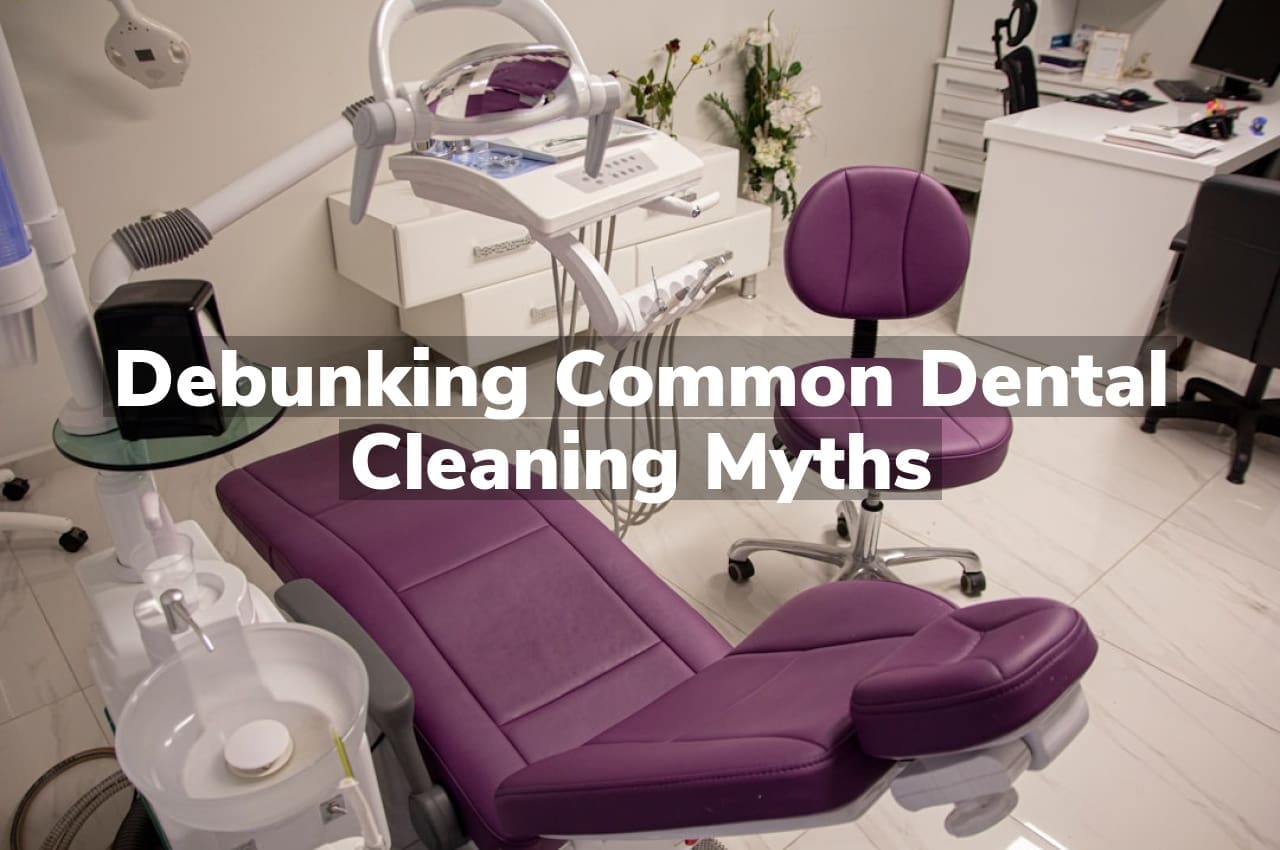Are you puzzled by the myriad of myths surrounding dental cleaning? This post aims to clarify misconceptions, providing a clearer understanding of what dental cleaning involves and dispelling common falsehoods that often mislead individuals about their oral health care.
Bleeding Gums Always Indicate Poor Health
One of the most pervasive myths surrounding oral health is the belief that bleeding gums are always a sign of poor dental hygiene or underlying health issues. While it’s true that bleeding gums can be a symptom of conditions such as gum disease, it’s important to understand that not all cases of bleeding gums are due to poor oral health. Various factors, including brushing too hard, using a hard-bristled toothbrush, or even changes in hormonal levels, can cause gums to bleed. It’s essential to look at the broader context rather than jumping to conclusions based solely on this one symptom.
In the realm of dental health, continuous advancements are being made to better understand and treat oral conditions. The Advancements in Dental Exam Methods have significantly improved the accuracy of diagnosing the underlying causes of symptoms like bleeding gums. These developments have helped debunk the myth that bleeding gums are always indicative of poor health, highlighting the importance of professional evaluation and understanding the multifaceted nature of oral health symptoms.
Harder Brushing Equals Cleaner Teeth
One of the most pervasive myths in dental care is the belief that harder brushing leads to cleaner teeth. This misconception stems from the idea that increased pressure can more effectively remove plaque and food particles from the teeth’s surface. However, dental professionals caution against this practice, as it can lead to detrimental effects on oral health. Excessive force during brushing can wear down tooth enamel, the protective outer layer of the teeth, and irritate or damage the gums, potentially leading to sensitivity, gum recession, and other oral health issues.
Understanding the proper techniques for dental cleaning is crucial for maintaining oral health. While it’s important to thoroughly clean your teeth, applying too much pressure with a toothbrush is not the solution. For those seeking professional advice and services to ensure their dental hygiene practices are both safe and effective, consider reaching out to Trusted Dental Cleaning Experts in Atlanta. Their expertise can guide you in achieving optimal oral health without compromising the integrity of your teeth and gums.
All Mouthwashes Serve the Same Purpose
Many people believe that all mouthwashes are created equal and serve the same purpose, but this is a common misconception. In reality, the variety of mouthwashes available on the market are formulated to address different oral health concerns. While some may focus on freshening breath, others are designed to combat plaque or help reduce the risk of gum disease. It’s important to understand that not every mouthwash will meet every individual’s specific dental hygiene needs. Recognizing the differences can play a crucial role in maintaining optimal oral health.
Flossing Creates Spaces Between Teeth
One of the most pervasive myths surrounding dental hygiene is the belief that flossing creates spaces between teeth. This misconception stems from a misunderstanding of how flossing works and its benefits for oral health. In reality, flossing is a critical component of dental care, designed to remove food particles and plaque from areas your toothbrush can’t reach. When done correctly, flossing strengthens the gums and helps prevent the buildup of plaque, which can lead to gum disease and tooth decay. It’s important to debunk this myth, as neglecting to floss due to such misconceptions can lead to serious dental issues over time. For those looking for professional dental care advice, Smile Midtown, an Atlanta Dentist, is a reliable source for accurate information and guidance on maintaining optimal oral health.
Whitening Damages Tooth Enamel
One prevalent myth surrounding dental health is the belief that whitening treatments can damage tooth enamel. This misconception stems from a misunderstanding of how whitening processes work and their effects on the teeth. It’s important to recognize that professional dental procedures are designed with tooth health in mind, aiming to improve the appearance of teeth without compromising their integrity. The narrative that whitening inherently damages enamel oversimplifies the nuanced reality of dental care and overlooks the advancements in dental technology and methods that prioritize safety and effectiveness.
Conclusion
Now that we’ve cleared up some common misconceptions, take the next step towards better dental health by calling us at 404-876-7979 or read our reviews on Google Maps.




